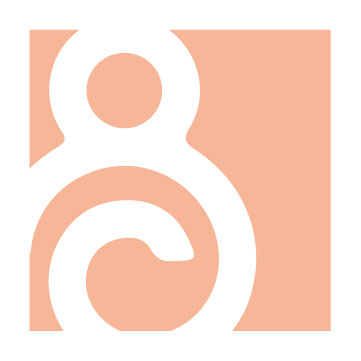Everyone knows the cornerstone of healthy living is what you put on your plate. Whether you want six-pack abs or a healthier heart, it begins with eating right. However, diets aren’t as cut and dry as we sometimes make them out to be. While many components of a healthy diet remain the same, women have special needs that make their diets different from those of men.
Obviously, the most obvious difference is just sheer calories. People who live generally sedentary lifestyles should be keeping their diet to no more than 13 calories a day. If they take in moderate physical activity regularly, they can bump it up to 19. As, on average, men weight more than women, their plate size will always be a bit bigger.
Both men and women need plenty of protein in their diets, but somewhere between a third and a half a gram of it per pound should be enough. Athletes looking to put on major muscle may go as high as full gram per pound. The problem for women, though, in eating too much protein is that excessive amounts have been shown to increase the amount of calcium they lose through their urine. That leads to a heightened risk of osteoporosis.
For men, too much calcium may actually lead to prostate cancer. 800 mg is probably enough for most males, whereas women’s RDA may be as high as 2,000 mg.
Women’s diets require more iron because a significant amount is lost during menstruation. Like calcium, the gap is significant and men may actually suffer from consuming elevated amounts. They only need about 8 mg a day, whereas women should aim for 18 mg. Obviously, after menopause, the need for so much dissipates.
The majority of men and women enjoy alcohol from time to time. Unfortunately, women may face more risks from enjoying it too often. In both genders, low amounts appear to decrease the risk of heart attacks and certain types of strokes. Neither gender benefits from large amounts, in fact, it’s equally bad for them. However, women who drink even small amounts of alcohol are increasing their risk of breast cancer.
While both genders need to focus on a healthy diet, there are different concerns at play. Women who want to lead long, healthy lives should consider the above recommendations specific to their gender.

